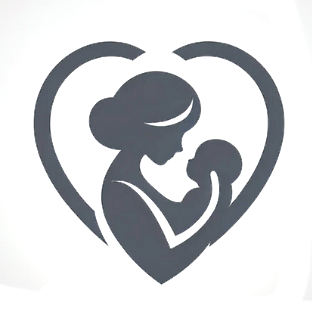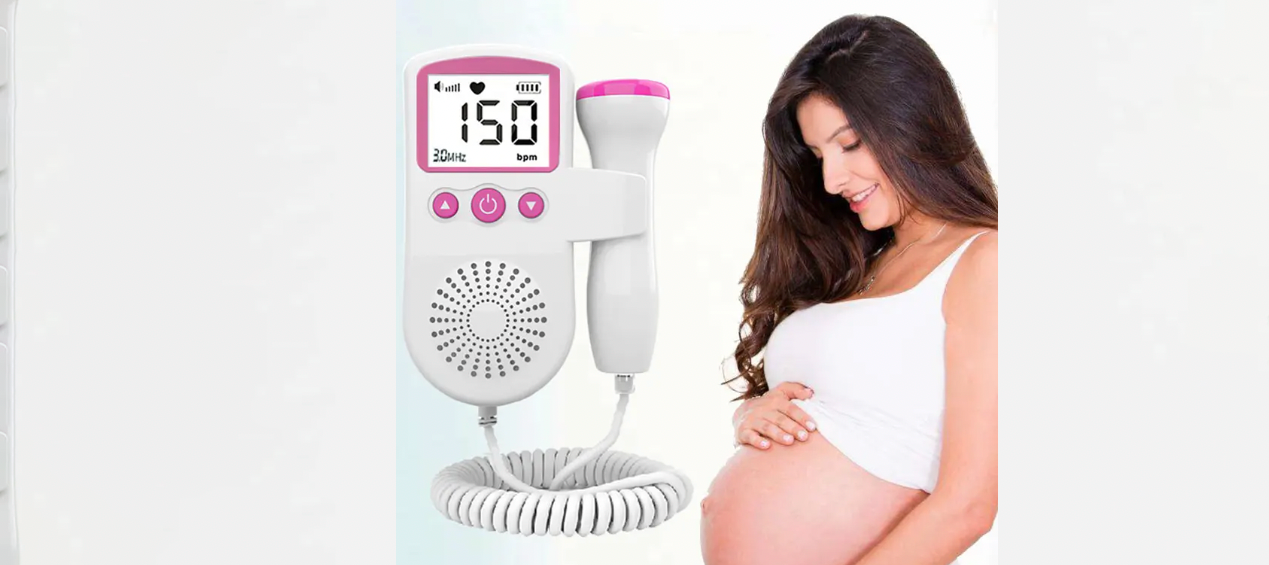Fetal Dopplers: A Window to Your Growing Baby
Introduction:
Pregnancy is a journey filled with anticipation and wonder, and one of the most magical moments for expectant parents is hearing their baby’s heartbeat for the first time. A fetal doppler, a handheld ultrasound device, brings this experience into the comfort of your home. Let’s explore what fetal dopplers are and how they can enhance your pregnancy experience.
What is a Fetal Doppler?
Fetal dopplers are devices used to listen to a baby’s heartbeat while they are still in the womb. Using sound waves, they detect the heartbeat and convert it into an audible sound. These devices are similar to the ultrasound machines used in prenatal appointments but are designed for easy home use.
The Joy of Connection:
Early Bonding:
Hearing your baby’s heartbeat creates a special bond. It makes the pregnancy experience more real, especially in the early stages when physical signs are not yet prominent.
Reassurance:
For many parents, listening to the steady rhythm of their baby’s heartbeat provides peace of mind and reassurance in between doctor visits.
Safe and Non-Invasive:
Fetal dopplers are safe and non-invasive. They use low-intensity sound waves, which are not harmful to the baby. However, it's important to use them as per guidelines and not as a replacement for regular prenatal care.
When to Start Using a Fetal Doppler:
Most fetal dopplers can detect a baby’s heartbeat by 12-16 weeks of pregnancy. However, factors like the position of the baby and the mother’s anatomy can influence this.
Choosing the Right Doppler:
When selecting a fetal doppler, look for devices with good sound quality and battery life. Also, consider models that display the heart rate on a screen for easier monitoring.
Consulting Healthcare Providers:
While fetal dopplers are safe, it's important to consult with healthcare providers before use. They can provide guidance on how to correctly use the device and interpret the sounds.
Conclusion:
A fetal doppler offers a unique way to connect with your unborn baby, bringing the miracle of life a little closer to home. Whether it’s for reassurance or bonding, this device can be a cherished part of your pregnancy journey. Remember, though, that while fetal dopplers are wonderful tools, they should complement, not replace, regular prenatal care.

